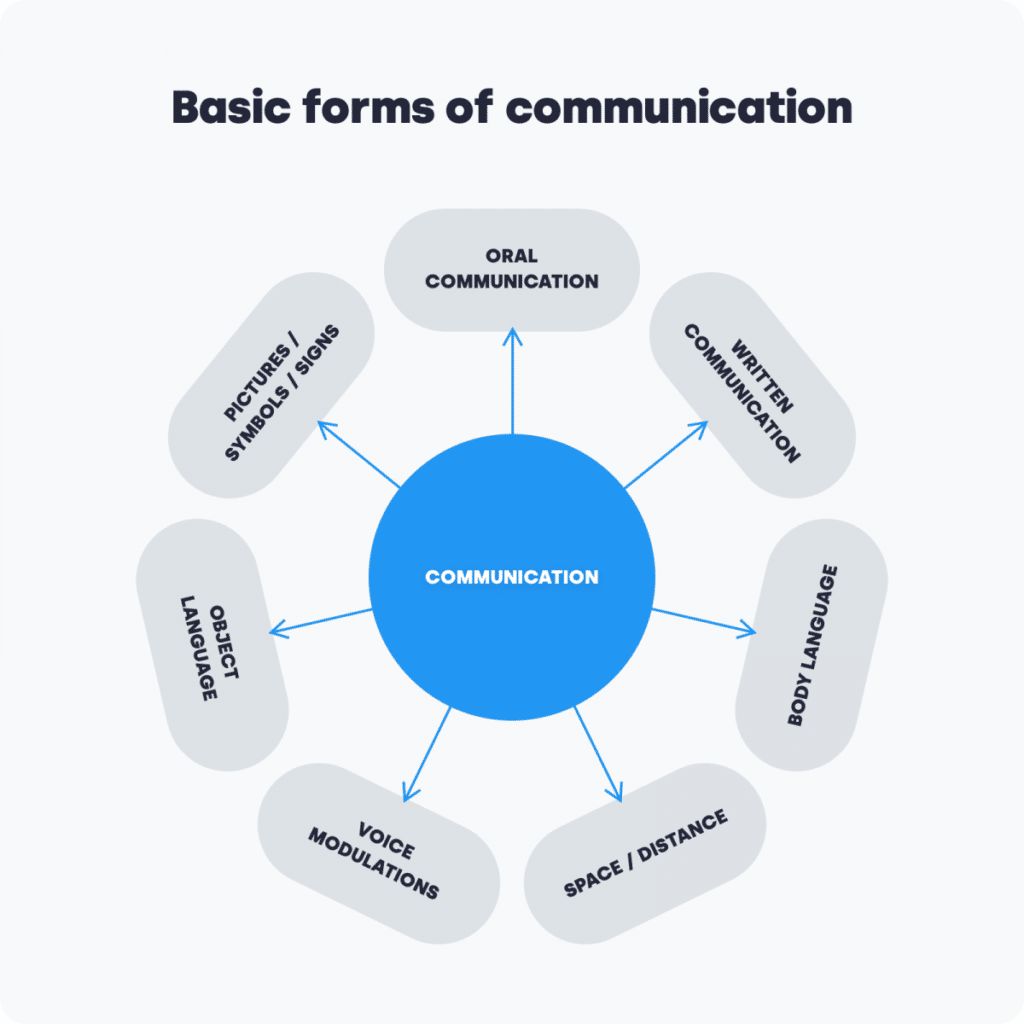Unleashing the Magic: How Words Shape Global Marketing
In the fast-paced world of global marketing, the power of words cannot be underestimated. Language and communication play a crucial role in shaping the success of marketing campaigns and reaching a global audience. From catchy slogans to persuasive ad copy, the right words can make all the difference in capturing the attention of consumers and driving sales.
One of the key ways in which words shape global marketing is through branding. A brand’s messaging and tone of voice are essential in creating a strong identity that resonates with consumers across different cultures and languages. Whether it’s through a tagline, a mission statement, or a brand story, the words used in branding can convey the values and personality of a company, helping to build trust and loyalty with customers around the world.
Another way in which words shape global marketing is through advertising and marketing campaigns. The language used in advertisements, whether it’s in print, digital, or broadcast media, can influence how a product or service is perceived by consumers. Clever wordplay, emotional storytelling, and persuasive language can all help to capture the attention of potential customers and persuade them to make a purchase.
In the age of social media and digital marketing, the importance of words has only grown. Brands must carefully craft their messaging on platforms like Facebook, Instagram, and Twitter to engage with consumers and build relationships. The right words can spark conversations, drive engagement, and ultimately lead to increased brand awareness and sales.

Image Source: cloudtalk.io
Beyond branding and advertising, words also play a crucial role in product packaging and labeling. The language used on packaging can influence a consumer’s perception of a product, making it seem more luxurious, eco-friendly, or high-quality. Clear and concise language on labels can also help consumers make informed purchasing decisions, especially when it comes to important factors like ingredients, nutritional information, and product safety.
In global marketing, language and communication are not just about words themselves, but also about cultural context and sensitivity. Brands must be mindful of how their messaging may be interpreted in different regions and languages, taking into account cultural nuances, values, and taboos. A word or phrase that may be innocuous in one language could be offensive or confusing in another, leading to potential PR disasters or loss of customers.
The power of words in global marketing extends beyond just the written word. Verbal communication, whether it’s through sales pitches, customer service interactions, or presentations, also plays a crucial role in building relationships with customers and stakeholders. The tone, language, and clarity of verbal communication can all impact how a brand is perceived and ultimately influence purchasing decisions.
In conclusion, the power of words in global marketing cannot be understated. From branding and advertising to packaging and verbal communication, language plays a crucial role in shaping how a brand is perceived and how products are marketed to a global audience. By harnessing the magic of words and understanding the importance of language and communication, brands can unlock new opportunities for growth and success in the competitive world of global marketing.
From Words to Wealth: Communication’s Key Role in Marketing
In the fast-paced world of global marketing, the power of words cannot be underestimated. Communication is the cornerstone of successful marketing campaigns, and the right words can truly turn into wealth for businesses around the world.
Effective communication is essential for reaching target audiences, building brand awareness, and ultimately driving sales. In today’s digital age, where information is constantly being shared and consumed, the language used in marketing campaigns can make or break a brand’s success.
One of the key ways in which communication plays a crucial role in marketing is through storytelling. By using words to create compelling narratives, marketers can engage with customers on a deeper level, forging emotional connections that lead to brand loyalty and increased sales. Stories have the power to captivate an audience, evoke emotions, and ultimately influence purchasing decisions.
In addition to storytelling, the language used in marketing materials can also impact how a brand is perceived. The tone, style, and messaging all play a role in shaping consumers’ perceptions of a brand. By using the right words, marketers can convey their brand values, create a strong brand identity, and differentiate themselves from competitors.
Language also plays a key role in global marketing, where businesses must communicate with audiences from different cultural backgrounds and languages. In order to effectively reach a global audience, marketers must carefully consider the language they use in their campaigns, ensuring that it is culturally appropriate and resonates with the target market.
Furthermore, the rise of social media has transformed the way in which brands communicate with consumers. Platforms such as Facebook, Instagram, and Twitter have given businesses the opportunity to engage with customers in real-time, using words to spark conversations, build relationships, and drive engagement.
In today’s digital landscape, content is king. Whether it’s a blog post, social media update, or email newsletter, the words used in marketing content can have a significant impact on a brand’s success. By creating high-quality, relevant, and engaging content, businesses can attract new customers, retain existing ones, and ultimately drive sales.
In conclusion, communication is the key to successful marketing. From storytelling to brand identity, language plays a crucial role in shaping consumers’ perceptions and driving sales. In the competitive world of global marketing, the right words can truly turn into wealth for businesses around the world.
The Importance of Language and Communication in Global Marketing